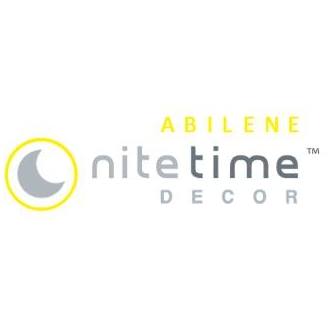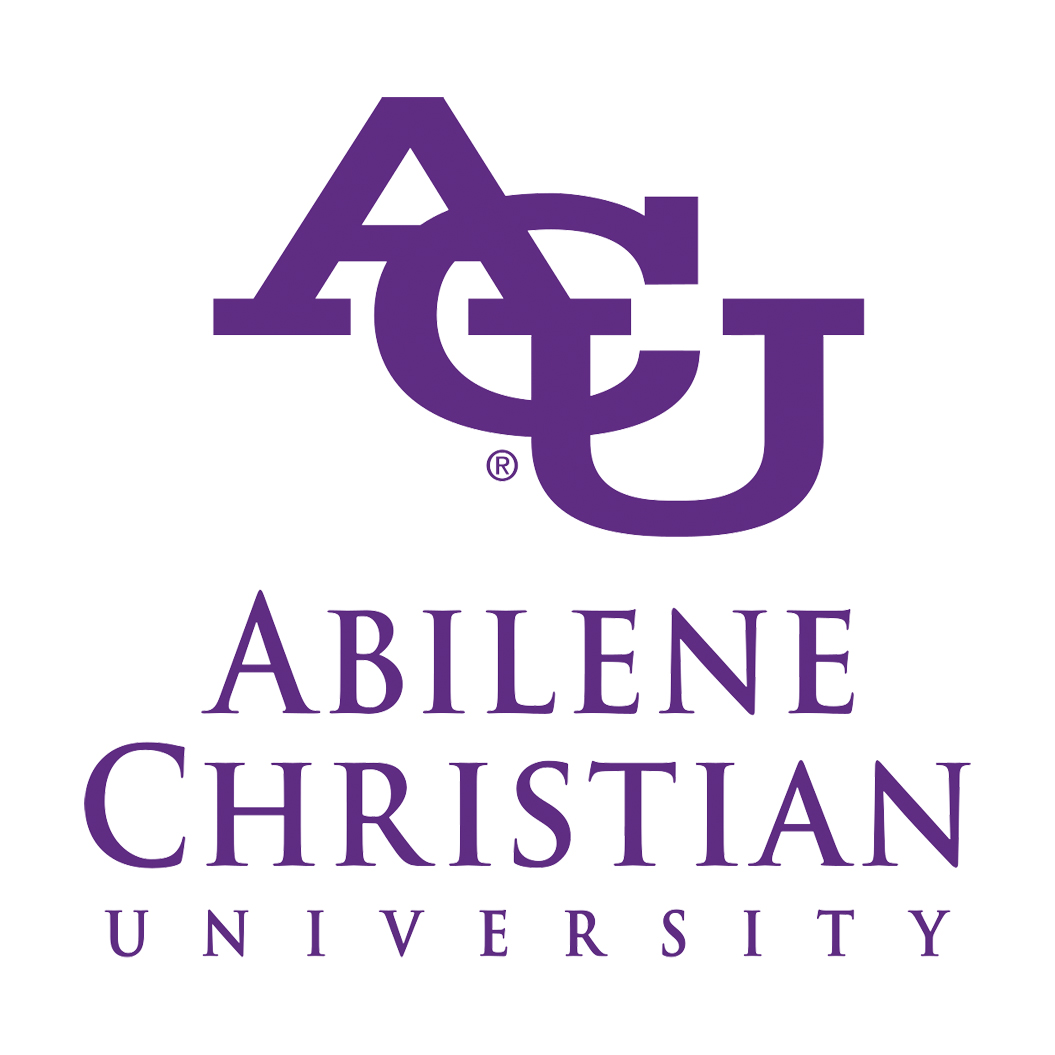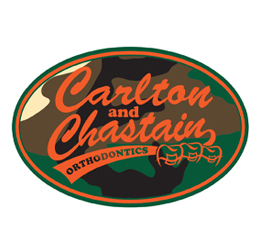Academic competition isn’t for the faint of heart, but what competition is? According to Wylie seniors Ayden Gertiser and Timothy Varghese, academic competition is for anyone who likes a good challenge, but also for camaraderie and benefits that go way beyond what you see. Both students can express this opinion confidently. The two have competed in academic competitions for more than 6 years and just recently completed the American Invitational Math Exam (AIME), a highly competitive math exam that only 3,000 students nationally qualify to take.
While academic competitions cover many areas of interest, including core subjects and other activities like playing chess or reading maps and charts, Gertiser and Varghese were drawn to math. They joined Texas Math and Science Coaches Association’s (TMSCA) Investigative Math in sixth grade and never looked back. Sylvia Martinez, who teaches math at Wylie High School was Wylie Junior High’s TMSCA coach at the time. She reflected fondly on her two past students, how their common interest built a friendship, and how that friendship built their skills.
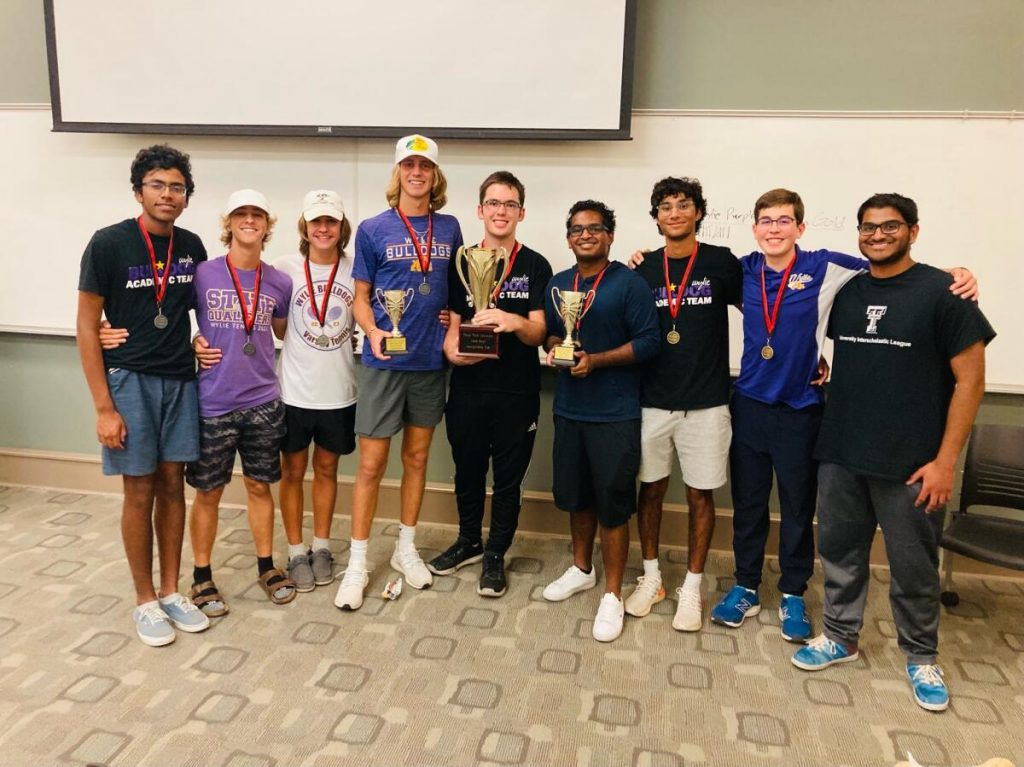
“They were humble,” said Martinez. “But they joked and teased each other, which pushed them to be better.” Martinez has had the pleasure of watching the two excel over the years and joined them again in the coaching capacity since moving up to teach at the high school. “Ayden and Timothy both want to be as good as each other and this has kept them accountable.”
Varghese said it’s inevitable you become good friends because of the time spent together practicing and going to competitions. He and Gertiser both compared being in TMSCA in junior high and now academic UIL to being on a sports team. “It’s competition and collaboration,” said Varghese. “You work hard to hone your personal skill set, but you also want to get better to help the team.”
Gertiser and Varghese believe students who shy away from academic competitions, especially math, often do for two reasons – the assumption that the level of math gets too difficult as you progress or the misperception of academic competitions being for “smart” people.
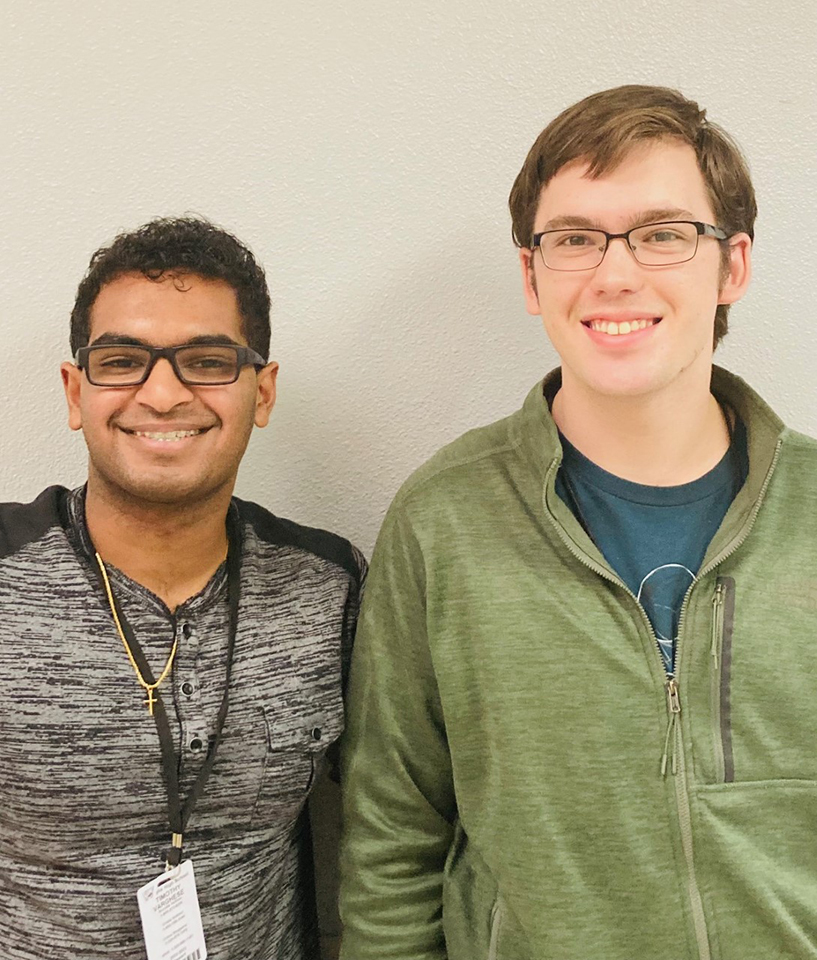
“Many drop out because they believe the math is at such an advanced level that they can’t do it,” said Gertiser. “If you say it’s a logic puzzle, people are open to it, but if you say it’s a math problem, people think because its math, it is too hard. If you enjoy puzzles, you can do this.” Varghese agreed. “Anyone can get something out of it. It’s not just for ‘smart’ people,” said Varghese. “I became a better mathematician because of participating in TMSCA. It improved my math ability because it requires you to use skills in new and different ways.”
Gertiser said competing in academics is well-worth the time and effort just like any investment of time into learning any activity, but many don’t see it with math because of how the result appears.
“Building basic skills isn’t fun even when learning to play a sport or music,” said Gertiser. “If I put time into math then the result is more math, but if you compare it to the time put into learning to play the piano it results in something beautiful.”
Of course, the obvious reward of participating in academic competitions is winning – overcoming the challenge and being correct. However, Varghese said the long-term result is being prepared to take on any challenge with an arsenal of critical thinking strategies.
“Participating in academic challenges strengthened me, helped me to look at different perspectives, gave me different skills, and required me to use them in new ways,” said Varghese.
With graduation around the corner, Gertiser and Varghese are reaping the rewards from solving math problems with friends over the past six years. From making the SAT easier to opening doors to academic opportunities, these two Bulldogs have built life skills that reach far beyond the school bell, and they have had fun doing it.
Taking AIME
On February 15, Gertiser and Varghese completed the prestigious AIME, which is a 3-hour, 15-question exam. Gertiser said students who rank in the top five percent of the nation on the high school American Math Competition (AMC) exam qualify to take the AIME.
Neither student scored as they would have liked but are glad they tried. “It’s the hardest test I have ever taken, but it was fun,” said Varghese. Gertiser said the next level of testing qualifies one to compete for the U.S. Math Olympiad.
Get more details about the AIME and more, by visiting the Mathematical Association of America website at www.maa.org.
Like mind games?
Any Wylie student can participate in University Interscholastic League (UIL) academic competitions, starting as early as second grade and running through high school. Students can select from a vast assortment of academic activities. Find out more at www.uiltexas.org.
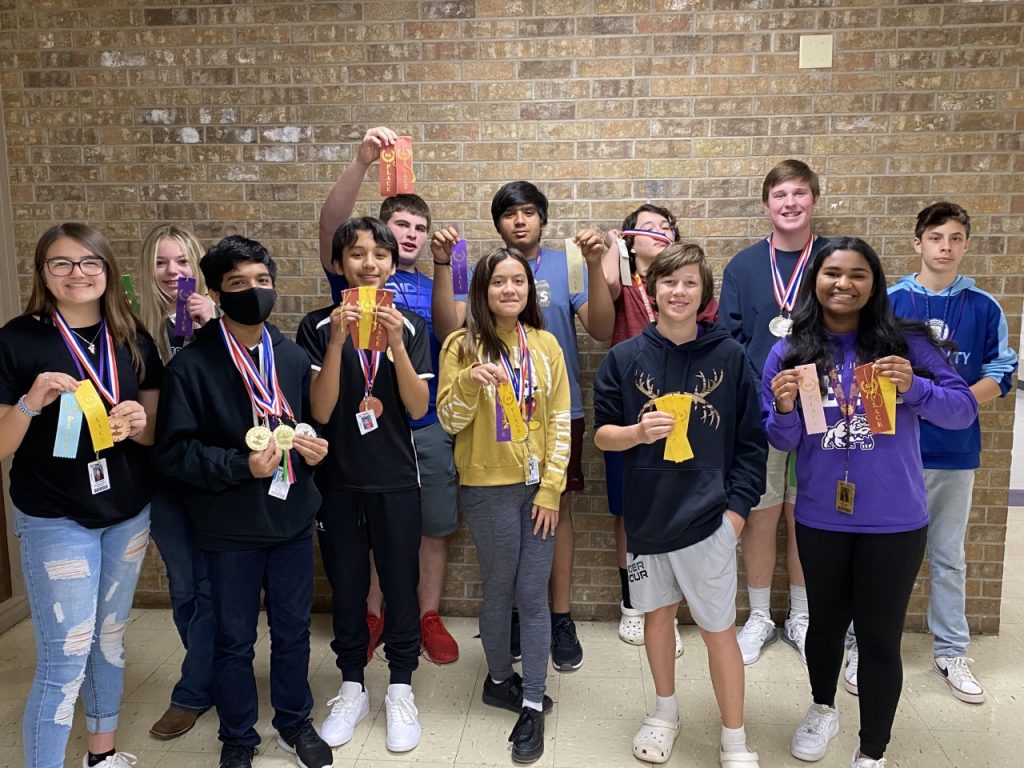
Math specific academic competition programs like Math Counts and TMSCA’s Investigative Math are available in junior high and depends on which campus the student attends.
www.tmsca.org
www.mathcounts.org
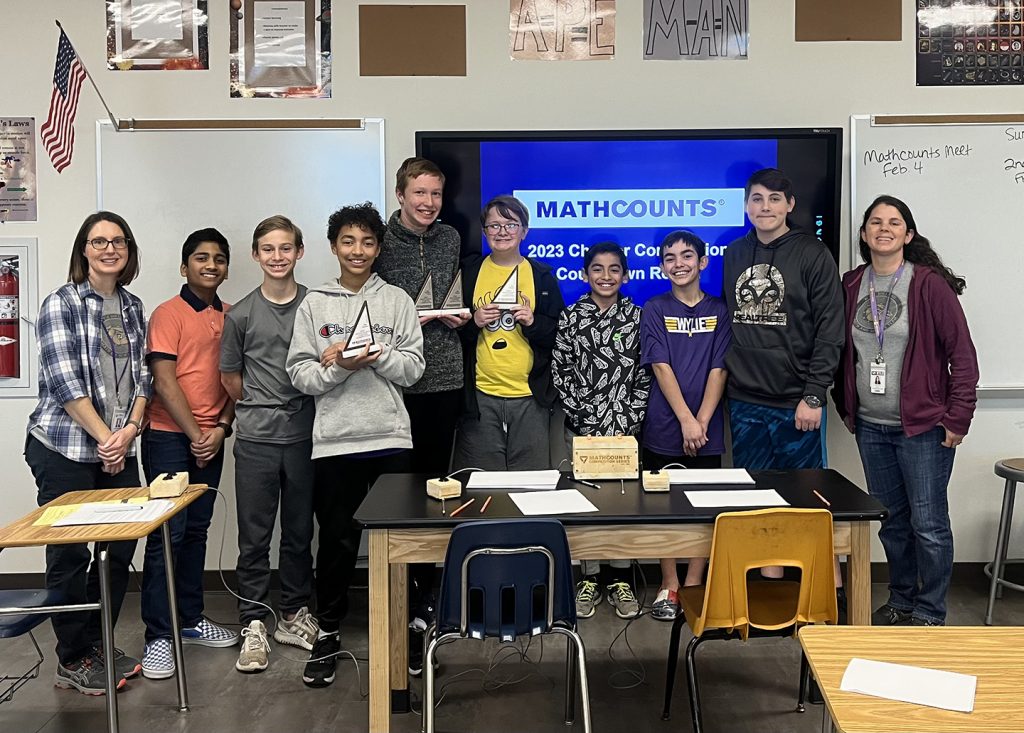
By Kristen Johnson






